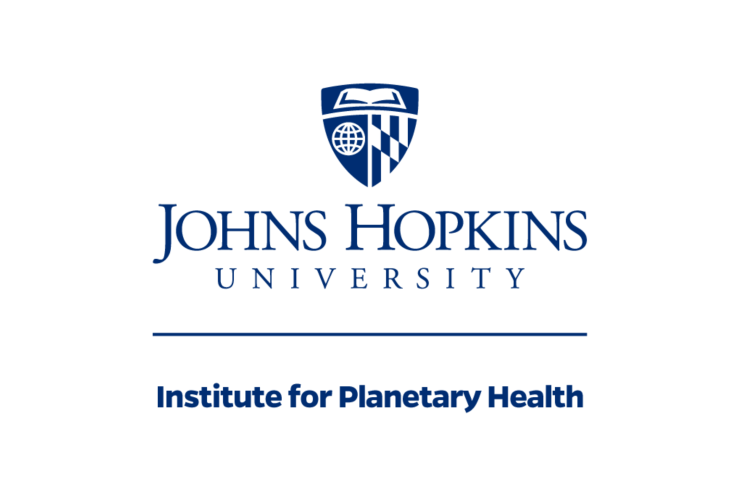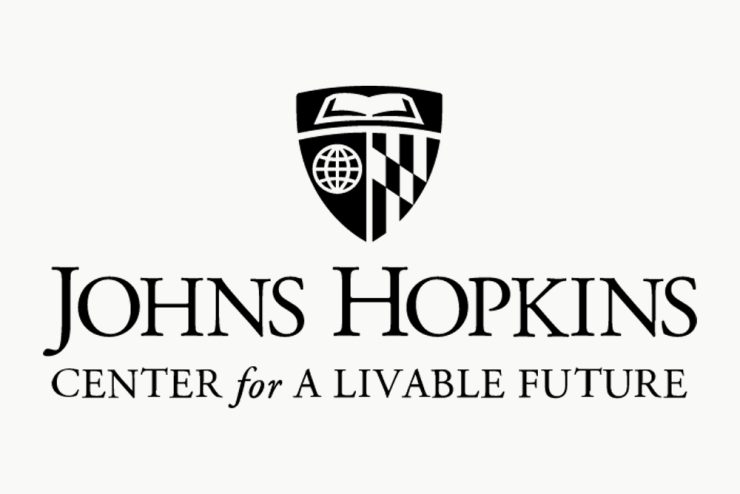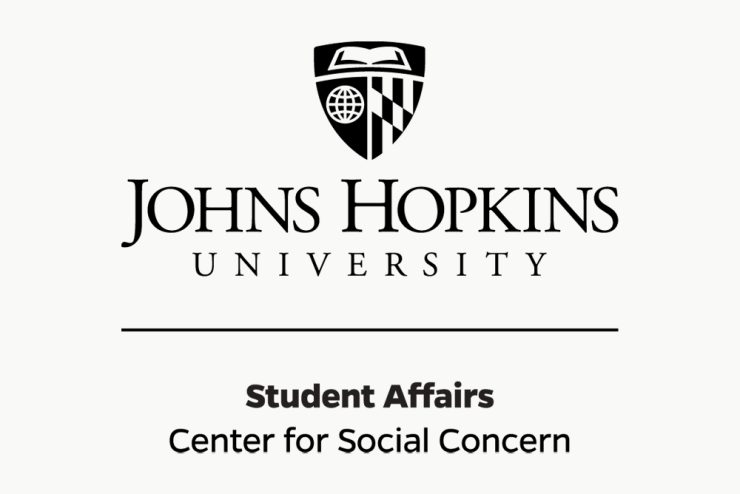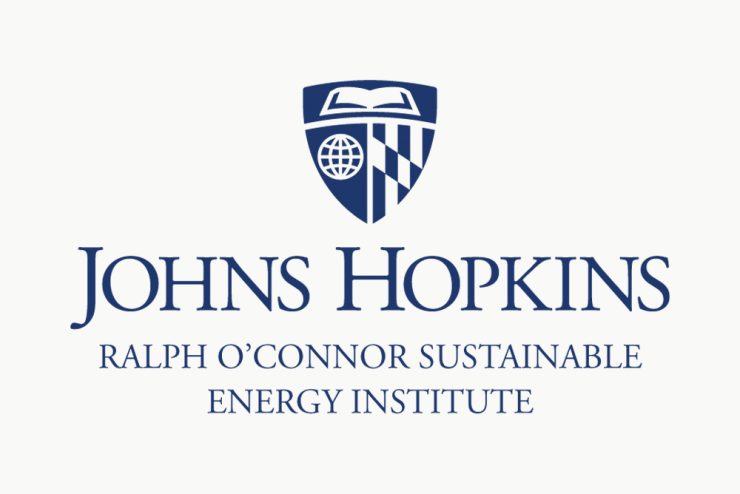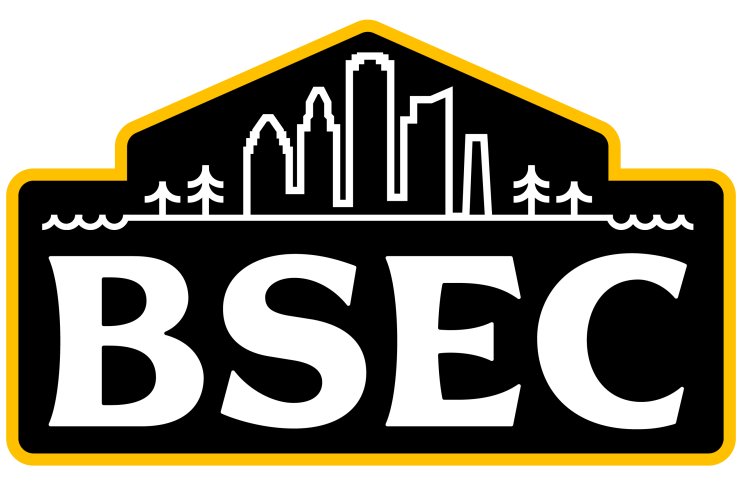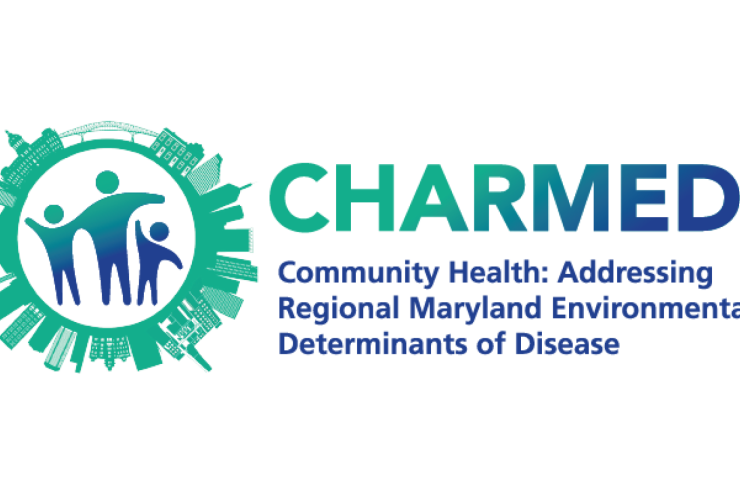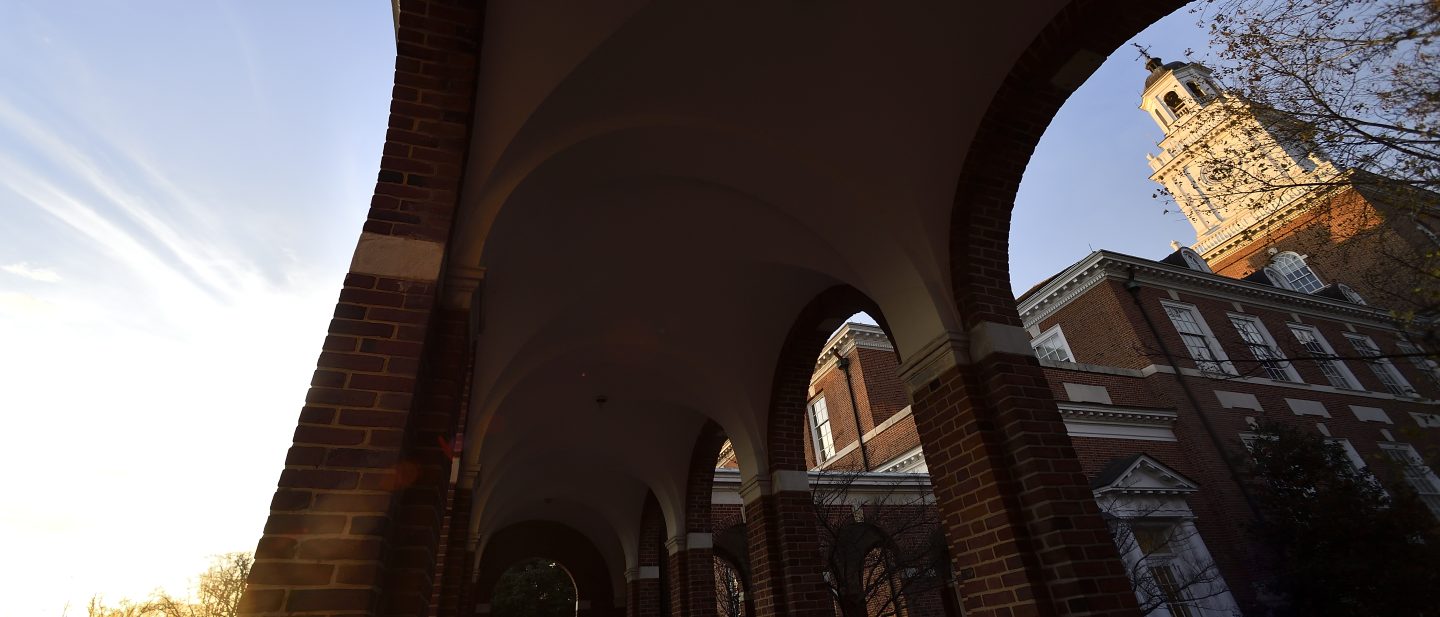
Several JHU centers and institutes are strategically focused on the intersection of sustainability and a wide range of disciplines including food security, clean and healthy water, and sustainable energy, among others.
Institute for Planetary Health
The Johns Hopkins Institute for Planetary Health is comprised of dedicated faculty, researchers, and students who are committed to working across disciplines to address the urgency of the Earth crisis and its impacts on humanity.
Center for a Livable Future
The Johns Hopkins Center for a Livable Future—working toward a healthy, equitable, resilient food system from within the Department of Environmental Health and Engineering.
Center for Social Concern
The Center for Social Concern fosters a lifelong commitment to active citizenship by integrating education, action, and reflection.
SOURCE
SOURCE is the community engagement and service-learning center for the JHU Schools of Public Health, Nursing, and Medicine.
Ralph O’ Connor Sustainable Energy Institute
The Ralph S. O’Connor Sustainable Energy Institute (ROSEI) integrates efforts across the university to create and implement clean, renewable and sustainable energy technologies; educate future energy leaders; and support implementation, markets, and policies that promote an affordable and equitable green energy future for a more resilient world.
Ecological Design Collective
A community for radical ecological imagination and collaborative practice. With roots in Baltimore and working relationships around the world, The Ecological Design Collective is building a place for researchers, designers, activists, artists and others to come together to conceive and develop alternative ecological futures.
Baltimore Social-Environmental Collaborative
The Baltimore Social-Environmental Collaborative (BSEC) recognizes that in order to be just and effective, climate solutions for urban areas must be co-designed with communities. These solutions also must be responsive — and adaptive — to community concerns. The BSEC offers a new approach in which climate scientists work in close partnership with the citizens of Baltimore to identify community priorities that guide the scientific questions being asked. Then, as data is gathered and findings are made, the work continuously evolves in response to community needs and input.
CHARMED
The mission of the NIEHS P30 Core Center, Community Health Addressing Regional Maryland Environmental Determinants of Disease (CHARMED) is to build capacity in community-engaged research aimed at understanding the mechanistic links between environmental exposures and adverse health outcomes and translate these findings into action to improve the health and well-being of vulnerable individuals in communities across the greater Maryland region.
Breathe Center
The Baltimore Breathe Center was formed over 20 years ago, and was originally known as the Johns Hopkins Center for Childhood Asthma in the Urban Environment. The Breathe Center has evolved to study the effects of environment on lung health and specific lung diseases throughout life. The Breathe Center is run by a group of physicians, scientists, and trainees who work every day to fulfill the Center’s mission of advocating for lung health through important research and community engagement.
Explore Directories
Affiliates interested in learning more about institutes and centers affiliated with specific schools should explore the appropriate directories:
- Applied Physics Laboratory (APL)
- Bloomberg School of Public Health (JHSPH)
- Carey School of Business
- Krieger School of Arts and Sciences (KSAS)
- Peabody Conservatory
- School for Advanced International Studies (SAIS)
- School of Education (SoE)
- School of Medicine (SoM)
- School of Nursing (SoN)
- Whiting School of Engineering (WSE)
